IPCPR 2013: Two New Cigar Companies with Big Expectations
9 Jul 2013
We’ll be at the IPCPR Trade Show again this year (which opens Saturday), and you can expect us to get the latest and greatest from all the cigar makers you know. But there will also be cigar companies there that you’ve probably never heard of.
Today we look at two such companies that will be making their first appearance at the annual convention. Every year there are new companies. Some don’t last while others become the next buzz-worthy up-and-coming venture. These two companies, for reasons explained below, seem to have a good chance of being around for a while:
Royal Gold Cigars
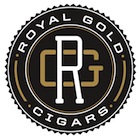 Whether you’ve heard of Royal Gold or not, you’ve almost certainly heard of their parent company, Swisher, whose machine-made cigars are behind the cash register at almost every gas station and drug store in the country. While Swisher has tried their hand at the premium handmade cigar market before, this time the plan is different. Instead of investing in their own factories (as they did until about a decade ago) they are contracting some of the biggest names to produce cigars for them.
Whether you’ve heard of Royal Gold or not, you’ve almost certainly heard of their parent company, Swisher, whose machine-made cigars are behind the cash register at almost every gas station and drug store in the country. While Swisher has tried their hand at the premium handmade cigar market before, this time the plan is different. Instead of investing in their own factories (as they did until about a decade ago) they are contracting some of the biggest names to produce cigars for them.
And they’ve lined up some impressive cigar makers for their introductory releases, which they are marketing as “affordable by all” and all reportedly under $8.50. Casino Gold HRS (High Roller Selection) is made by the Placencias in Honduras. Kismet is made by Augusto Reyes Sr. and Jr. in the Dominican Republic. Nirvana is being produced at Drew Estate in Nicaragua. Gold Strike is an inexpensive mixed filler cigar rolled in Nicaragua and blended by Omar Ortez (of Altadis) and Carol Jean Llaneza (daughter of legendary cigar man Frank Llaneza).
With Swisher’s backing, Royal Gold is perhaps the most interesting development in cigars in the last year. Deep pockets mean the company can afford to be patient (even lose money in the short-term) if it means long-term growth and profits. And by all reports, by bringing in Alex Goldman, Swisher has chosen a respected industry veteran to head the operation.
Sindicato Cigars
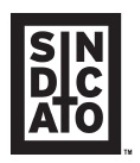 Officially launched in January, but formalized at last year’s convention, Sindicato is a new company founded by a group of veteran retailers. The group starts with a customer base that’s the envy of any new cigar company, with “a group of 45 retailers” participating according to Abe Dababneh, Chairman of Sindicato.
Officially launched in January, but formalized at last year’s convention, Sindicato is a new company founded by a group of veteran retailers. The group starts with a customer base that’s the envy of any new cigar company, with “a group of 45 retailers” participating according to Abe Dababneh, Chairman of Sindicato.
Heading up those retailers, as evidenced by SEC filings from last October, is Dababneh (of Smoke Inn based in West Palm Beach), Dan Jenuwine (of Quality Fresh Cigars in Michigan), Gary Pesh (of Old Virginia Tobacco in Virginia), Robert Roth (of Nice Ash Cigars in New York and Pennsylvania) and Jeff Borysiewicz (Corona Cigar Company in Orlando). Their stores alone would be top targets for any new cigar line looking for quality retailers.
According to its press releases, Sindicato was founded when “a group of passionate, cigar-loving tobacconists decided to extend their cigar knowledge and experience into making cigar brands. Their goal is to create a cigar company whose mission is to put the tobacco retailer and its customers first.” They followed up the formation announcement by selecting Jim Colucci, formerly Executive VP of Sales & Marketing for Altadis USA, as President and CEO. Sindicato will have a booth at the IPCPR Trade Show and, according to Dababneh, “debut smokes” will be available.
photo credit: Royal Gold/Sindicato

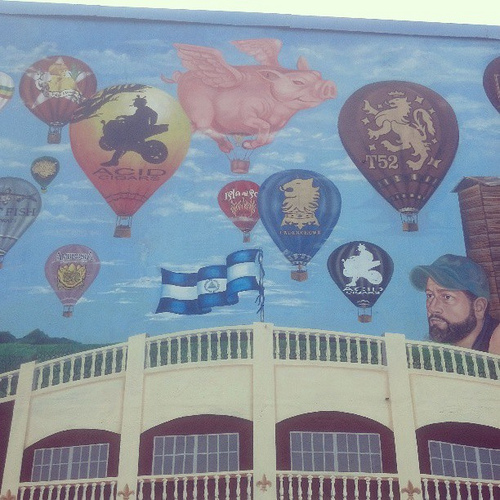
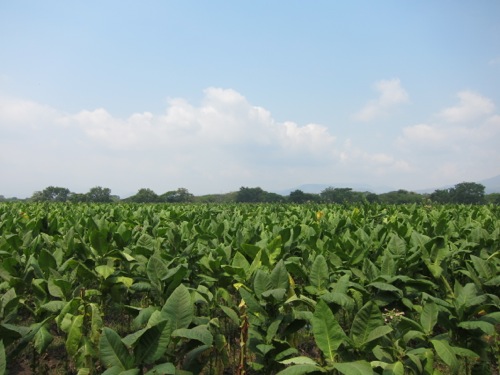
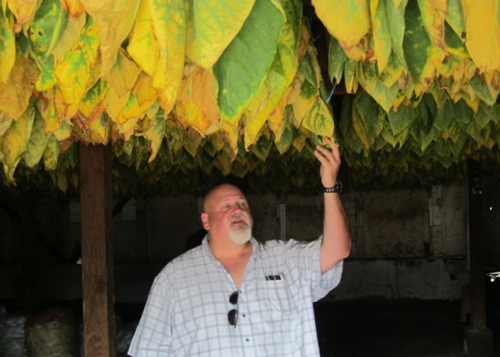
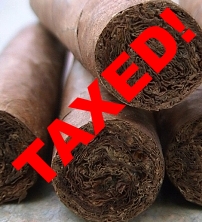 Currently, such purchases include state sales tax if the retailer has a physical presence in the state where the customer resides, but a Supreme Court ruling prohibits a state or locality from requiring businesses in other jurisdictions to collect such taxes. Technically, consumers may be required to self-report such taxable items, but the reality is only a fraction of those taxes are actually collected.
Currently, such purchases include state sales tax if the retailer has a physical presence in the state where the customer resides, but a Supreme Court ruling prohibits a state or locality from requiring businesses in other jurisdictions to collect such taxes. Technically, consumers may be required to self-report such taxable items, but the reality is only a fraction of those taxes are actually collected. “The proposed law would ‘prohibit display of tobacco products’ in most retail shops, Bloomberg said. ‘Such displays suggest smoking is a normal activity and invite young people to experiment with tobacco.’ He said it would be the first of its kind in the nation,†according to
“The proposed law would ‘prohibit display of tobacco products’ in most retail shops, Bloomberg said. ‘Such displays suggest smoking is a normal activity and invite young people to experiment with tobacco.’ He said it would be the first of its kind in the nation,†according to 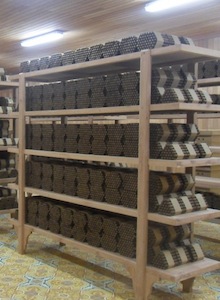
 Patrick Ashby
Co-Founder & Editor in Chief
Patrick Ashby
Co-Founder & Editor in Chief Patrick Semmens
Co-Founder & Publisher
Patrick Semmens
Co-Founder & Publisher George Edmonson
Tampa Bureau Chief
George Edmonson
Tampa Bureau Chief